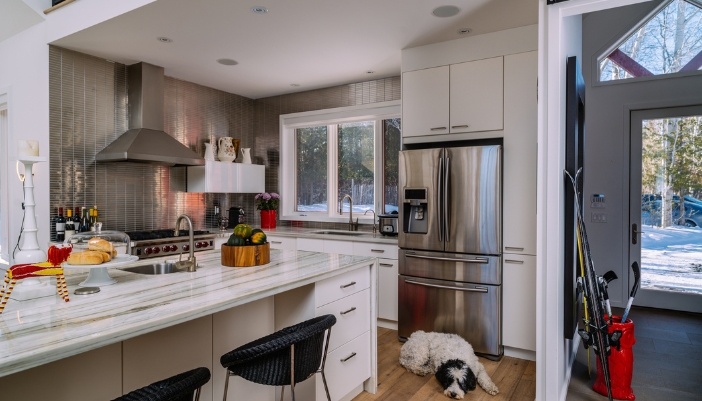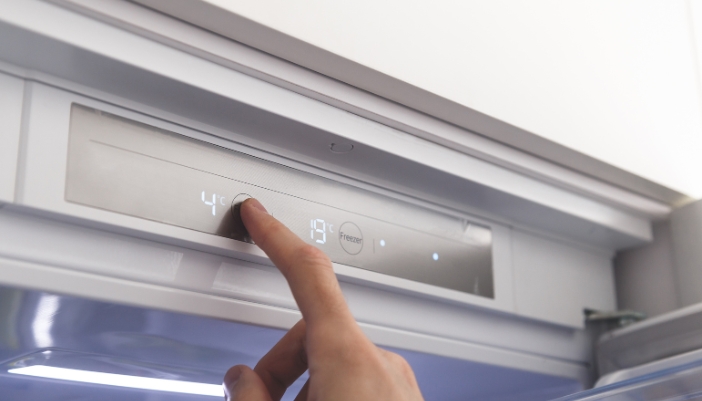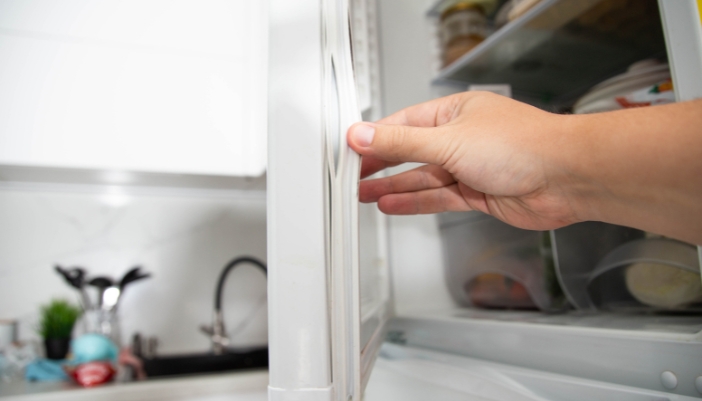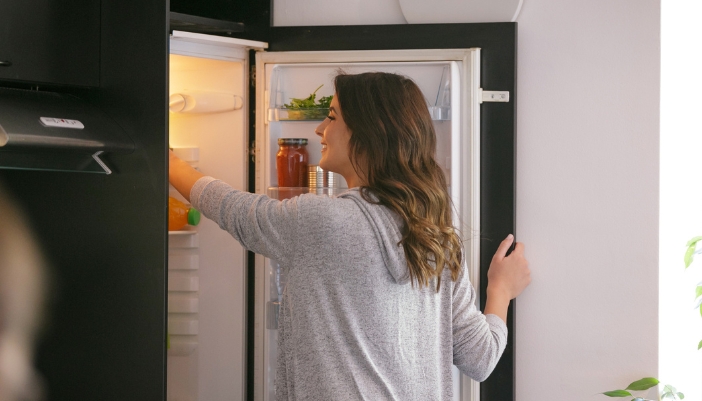As winter rolls in, bringing chilly winds and cozy sweaters, it's time to ponder a question you might not have considered before: Should you adjust your refrigerator's temperature settings? While bundling up against the cold, your fridge works around the clock to keep your food fresh. But does the drop in the mercury outside mean you need to tweak the dials inside?
That’s an excellent question! Keeping your refrigerator at the optimum temperatures is critical to maintain freshness and keep the energy efficiency at its peak! So, should you be changing things up? Let’s explore!
Understanding Your Refrigerator's Function in Winter

Your refrigerator is designed to maintain a consistent temperature, regardless of the weather outside. However, your kitchen's ambient temperature can drop significantly during winter, especially in homes without central heating. This could potentially affect how your fridge operates.
Typically, refrigerators are most efficient in temperatures ranging from 60 to 80 degrees Fahrenheit. When the room temperature falls below this range, your fridge might not cycle on as frequently, which could impact its cooling efficiency.
The Cold Truth: Refrigerator Function in Winter Weather
So, how does the winter cold really affect the functionality of your refrigerators and freezers? The most common misconception is that when it’s cold outside, your refrigerator doesn’t need to work as hard to keep things cool — but think again! Since these chilling appliances are meant to operate mainly in ambient temperatures, any extremes can affect the functionality, even during winter!
- Thermostat Challenges: In colder environments, like an unheated garage, the fridge's thermostat may get tricked into thinking the interior is cool enough, reducing compressor activity. This means you can have thawed items in the freezer or frozen things in the fresh section!
- Internal Struggles: Freezing temperatures are tough on a fridge's inner workings. Components like the compressor and water lines can freeze and crack in cold conditions, affecting efficiency and potentially shortening the appliance's lifespan.
- Increased Energy Use: Counterintuitively, your refrigerator may consume more energy in colder conditions. The refrigerant needs more effort to maintain the right temperature, leading to higher energy consumption.
Balancing the Cold: Adjusting Your Fridge and Freezer for Winter

Should you change the settings if cold winter temperatures affect your cooling appliances so much? There are pros and cons to changing things up, and it depends on whether or not you're experiencing troubles with your fridge or freezer while following the recommended settings.
- Pros: In the freezer, adjusting the temperature to be slightly warmer can help avoid frost buildup. For the fridge, slight adjustments might prevent accidental freezing of items, especially in extremely cold environments.
- Cons: If you raise the refrigerator's temperature too high, it can cause more food spoilage, whereas lowering the freezer temps might lead to overworking the appliance.
- Finding the Balance: Sticking close to the standard settings (below 40°F for the fridge and 0°F for the freezer) is usually best, but consider adjustments if you encounter specific issues due to the cold.
Winter Energy Wisdom: Boosting Your Fridge and Freezer's Efficiency

In addition to keeping your refrigerator and freezers free from frost buildup, or worse, you also need to consider how to boost energy efficiency! You might not think that your cooling appliances need that much help in winter, but as stated before, fridges work best in ambient temps, so anything extreme can mess with the energy consumption!
To that end, make sure the door seals are tight and clean. The cold weather can stiffen the seals and reduce their effectiveness, so they must be checked regularly. And make sure to keep your cooling appliances in places in your home that maintain a steady temperature (avoid the garage if possible!).
Pro Tip: Don’t forget to do simple maintenance steps like occasionally defrosting, cleaning the coils, and ensuring proper ventilation!
Chill Out

So, should you adjust your fridge and freezer settings in winter? It depends on your region and how much it’s affecting the efficiency of your appliances. But if your current ones are giving you too much trouble, it might be time to upgrade at Weir's! We have refrigerators and freezers from top brands and the latest “cool” tech, so keeping things chill is a breeze!
And if you have any questions, don’t hesitate to give us a ring or drop by — our experts are ready to swoop in with the answers!

